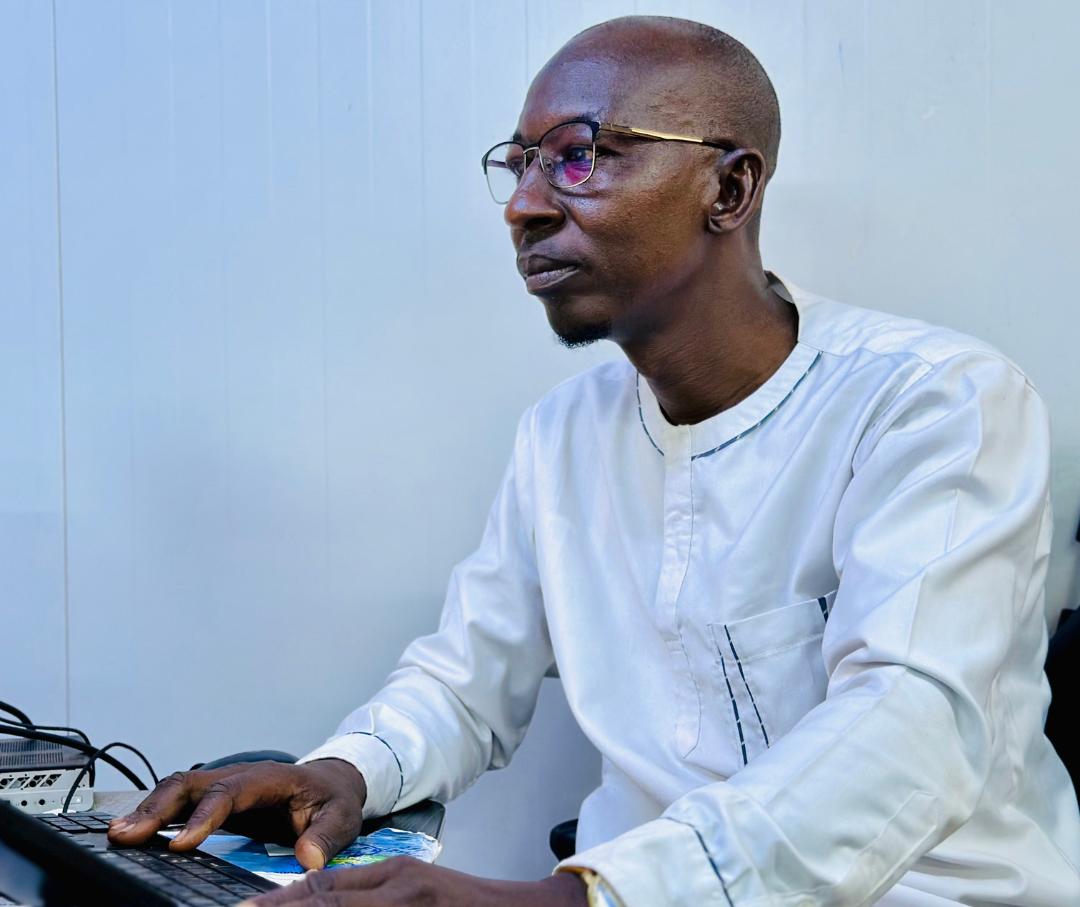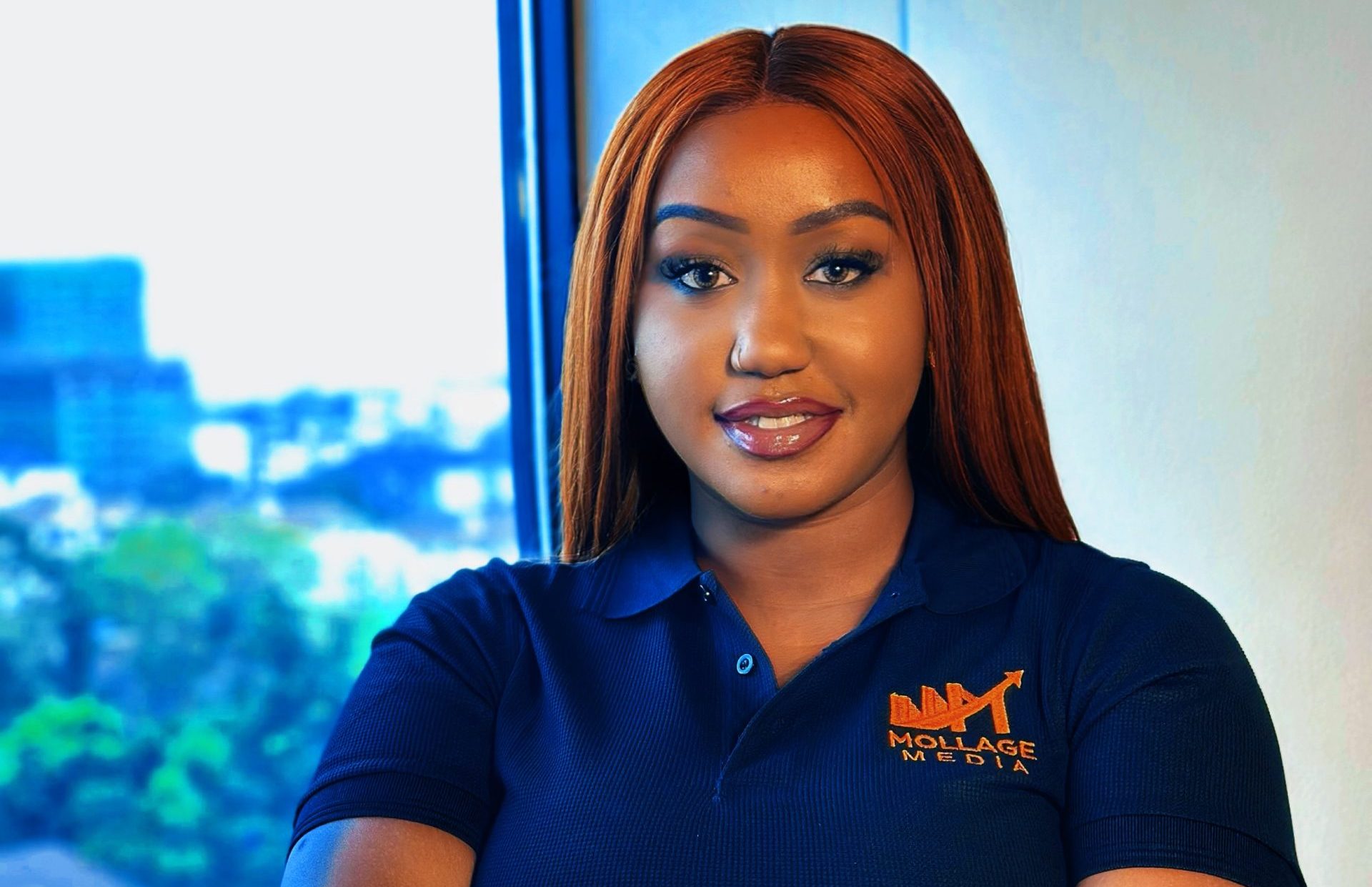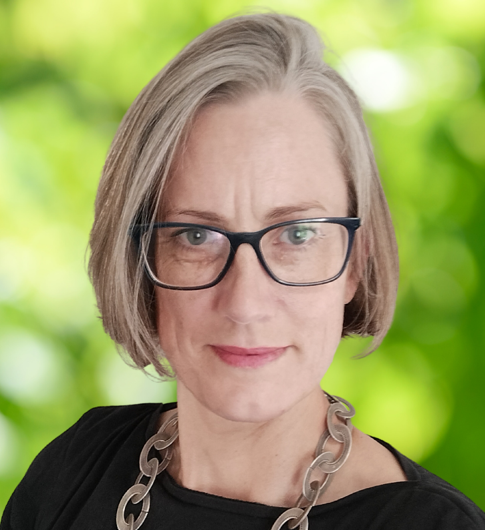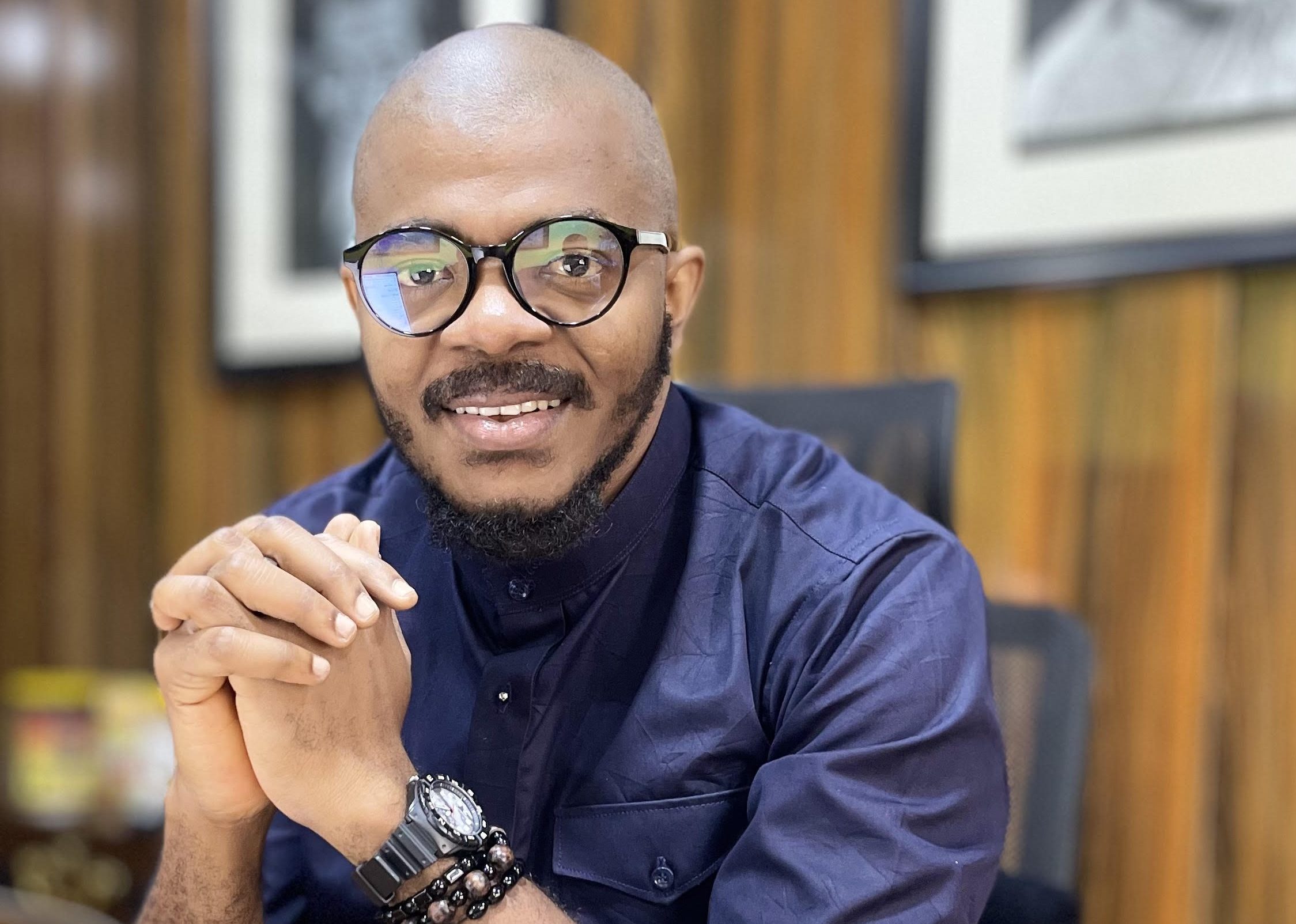From admiring senior Communications professionals to becoming one, our Comms Spotlight for this week has had a unique journey of growth. Kekele Soulaymane is the Communications Officer for Target Malaria in Burkina Faso. In his interview, he highlights the changes he’s observed in the Communications landscape in his country, Burkina Faso, as well as the crucial nature of Communications for Health.
Can you tell us how you became interested in the field of Communications?
I enjoyed reading classic novels and local newspapers, as well as listening to radio programmes, since secondary school. From this passion for reading grew my desire to write. I started writing poems and stories about my immediate environment.
Little by little, my conviction developed and was strengthened by my admiration for Serge Théophile Balima, who was my teacher at the time and later became the Head of the Communications Department at my University. I was also very impressed by Alfred Nikiema’s television show. He always ended his show with a proverb from Burkina Faso, and he triggered one to learn more about his/her own culture.
Therefore, I decided to embrace Journalism and Communications like him. When the Communication Department at the University of Ouagadougou put out a call for students in Art and Communication, I said to myself that it was time for me to answer the call of my heart. I had no doubts when I found myself in a room where over 800 candidates were competing for 30 placements. Eventually, I was selected and when I was walking the corridors of the Art and Communication department, I was happy to be able to write poems with my friends Jean Baptiste Kafando and run a newspaper with Willy Sabirina.
I moved later to a Communications Agency. One of my most memorable experiences was working for a health research and science institute. It was a time of sharing and communion with communities in the context of information and communication about illness and well-being.
Tools such as a comic strip and a fiction film in a local language were used to animate the meetings. This brought people together and has shaped my personality and my approach to communication. My conviction hasn’t changed since that day. I am currently even more convinced after being involved in a research project against malaria. I am very proud to contribute to such a project targeting malaria, a deadly disease that one would, dream of its elimination.
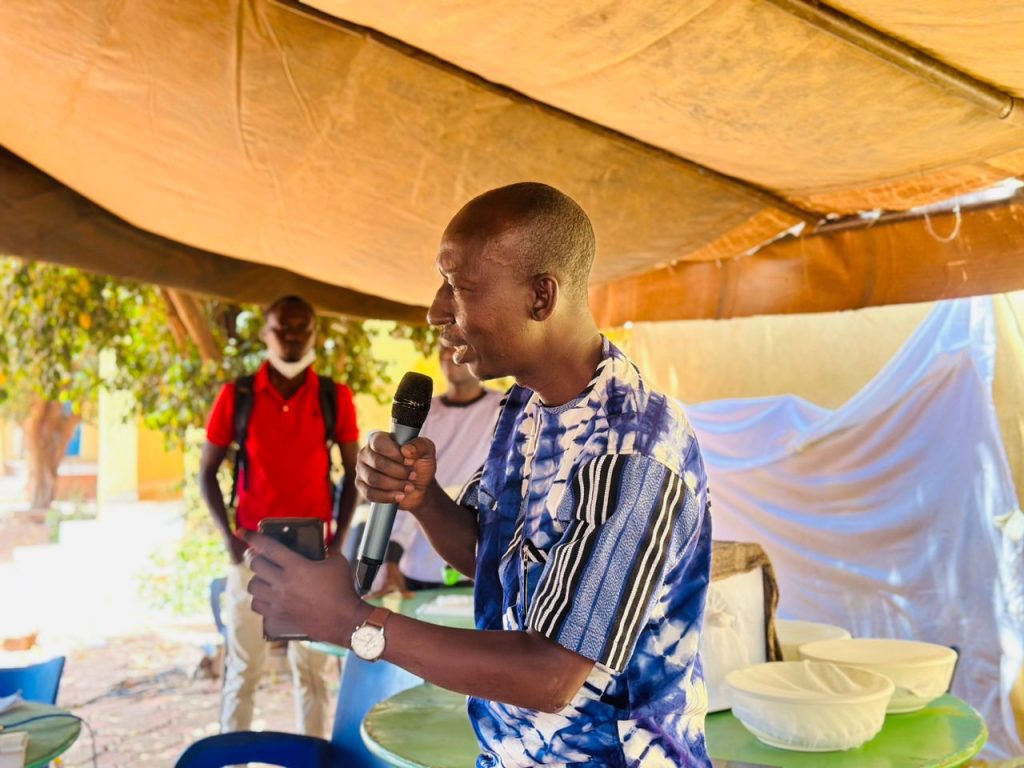
What does your role as the Communications Officer at Target Malaria, Burkina Faso, entail?
As a research project on an innovative theme, Target Malaria requires ongoing work in terms of Communications and Stakeholder Engagement. As Communications Officer for Target Malaria, Burkina Faso, my main tasks are:
- Developing and coordinating the implementation of the Communications Strategy;
- Assisting the Project Coordinator with Communications advice,
- Providing the best options in terms of communication tools,
- Managing the media, and so on.
It’s an exciting job that allows us to interact with communities on a subject that is crucial to people’s well-being.
Can you tell us about a career decision you’ve made that involved embracing risk?
Making a professional decision requires careful analysis, and we are often obliged to make decisions quickly, especially in times of crisis.
One significant event was the dengue fever epidemic in Burkina Faso in 2023, which had a major impact on our agendas and our work. Faced with all the misinformation and fake news out there, we had to make decisions to deal with the situation. The risks were obvious in terms of reputation.
In addition to the process described above and the information and communication work we carried out, we also referred some requests from the media to specialists in other institutions outside the project. We had every confidence in the work we were doing, and we gave independent voices every opportunity to raise a sensitive issue at a critical time, such as the dengue epidemic, with all its attendant misinformation.
Are there any resources you’ve found particularly helpful for your professional development?
Communications is a dynamic environment where essential resources are available to build personalities. In addition to the academic resources that provide training in how to express yourself, there are treasures of knowledge to be found in communities simply through dialogue and listening, in stories and life histories.
This shapes the personality of each individual. I love that beyond books and digital resources, our work leads us to listen to our environment to develop communication tools adapted to our communities.
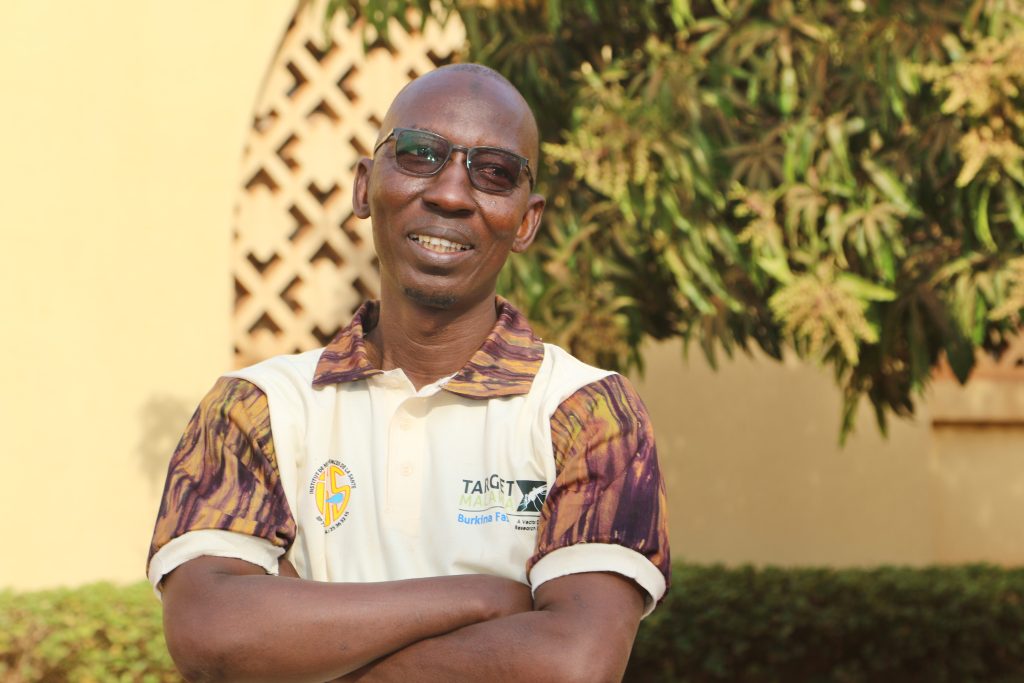
How has the communications landscape in Burkina Faso changed over the years?
The communications landscape in Burkina Faso is highly evolving. The first TV and radio channel was created in 1958. Since then, hundreds of channels have been created, especially in the 90s. There are currently more than 80 newspapers, 185 radio stations and around 30 television channels.
Alongside the traditional media, several new media and a greater use of digital platforms, have emerged. All this upheaval has meant that newspapers have become less important and more digital.
We’ve seen the emergence of web radio and TV. Communities have taken to social media, resulting in traditional media being reoriented. Thanks to the development of the internet, we are also seeing a growing role for ‘influencers’ who have thousands of followers on their pages. Social media groups using telegrams or WhatsApp are also becoming an integral part of the media landscape. In summary, the power of social networks is liberalising communication.
What advice would you give to someone looking to start a career in Communications?
Being a Communications Officer is first and foremost a personal conviction. You must love Communications to devote yourself to it and be convinced that the communicator has to highlight others, raise awareness, help promote and develop a brand image. They play an interface role.
As such, they are cross-functional and must listen to others, immerse themselves in what they are doing and, over time, build up their knowledge in a constantly changing world. They need to observe their environment and get to know it open-mindedly. Communications is a fascinating field and the person who enters it must be a bridge builder between people and a catalyst for ideas.

